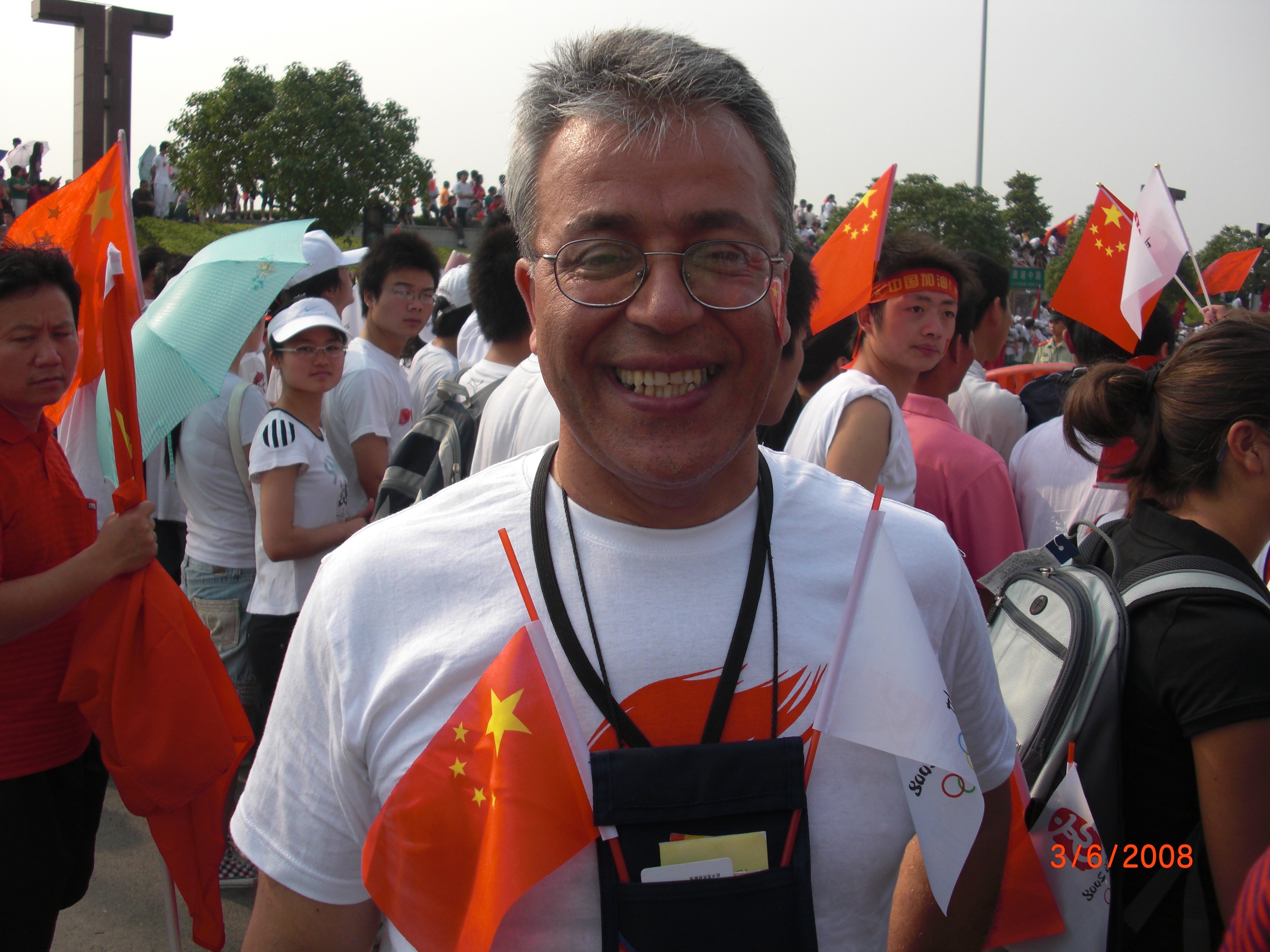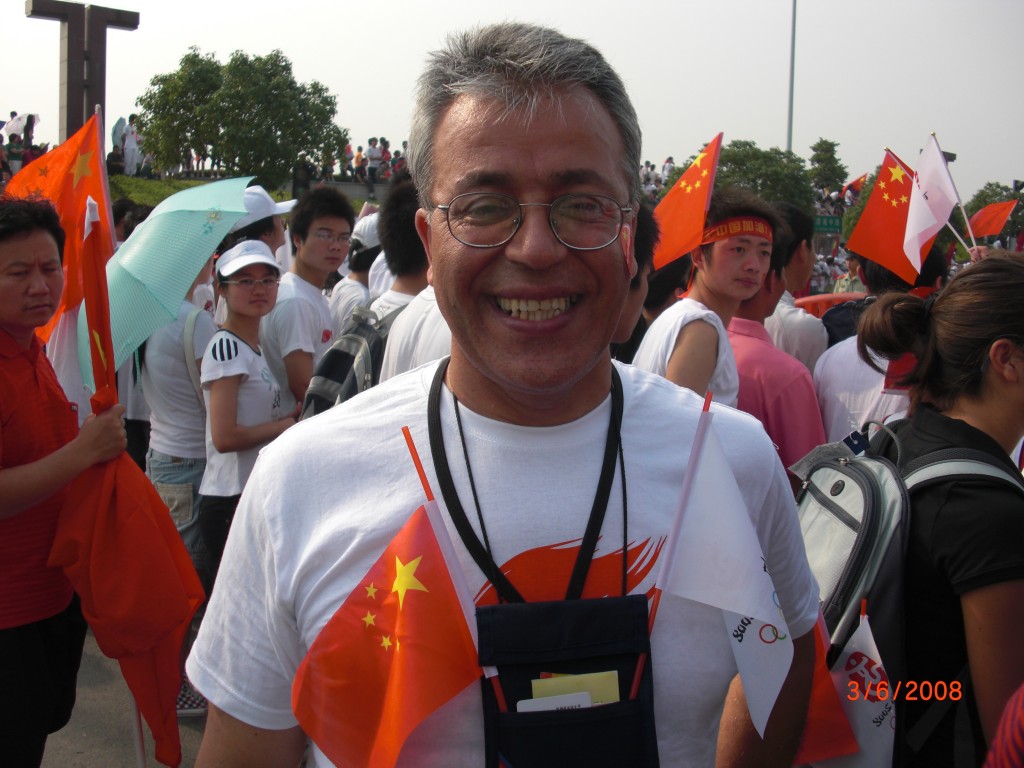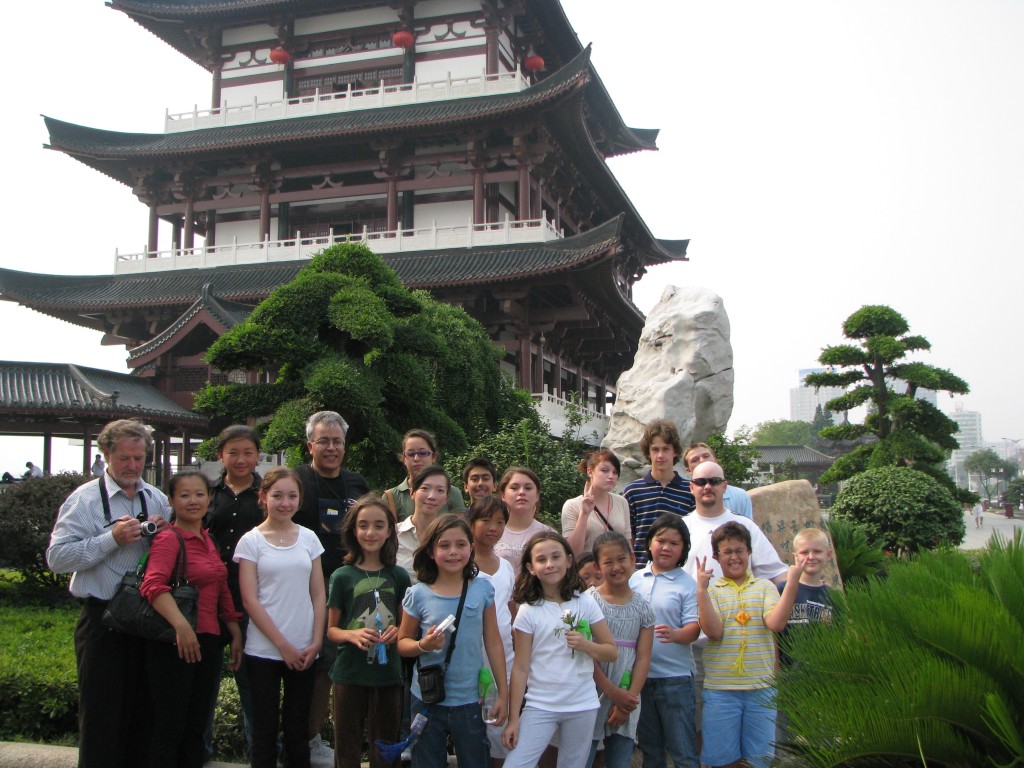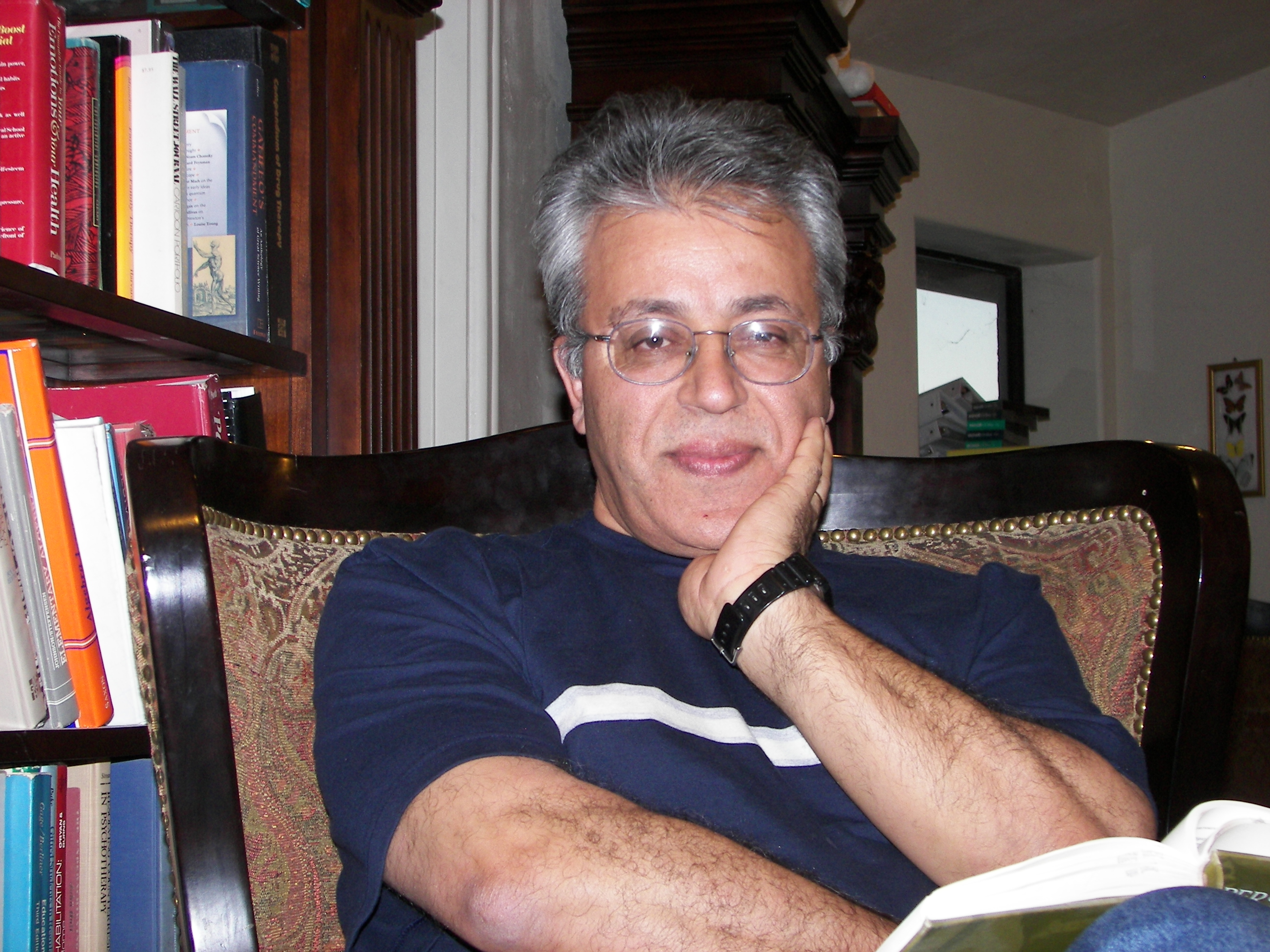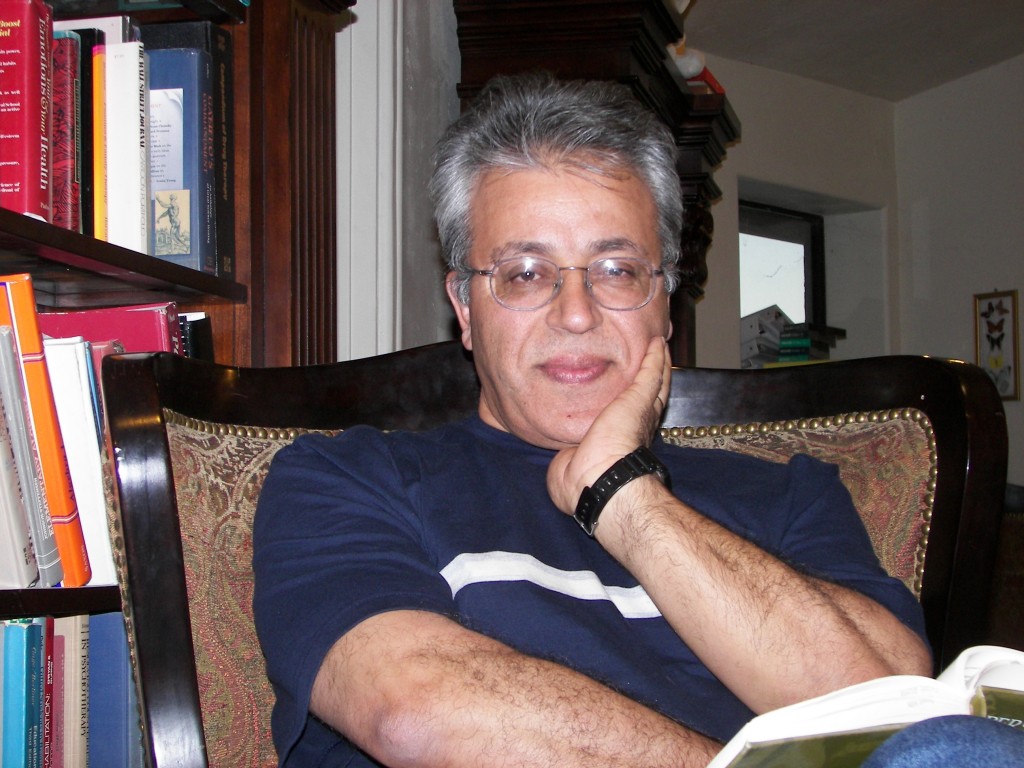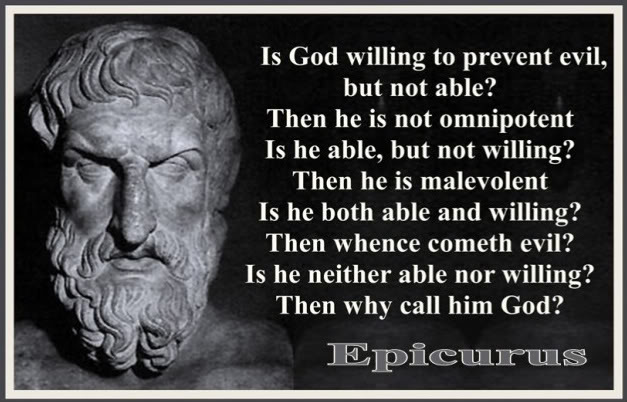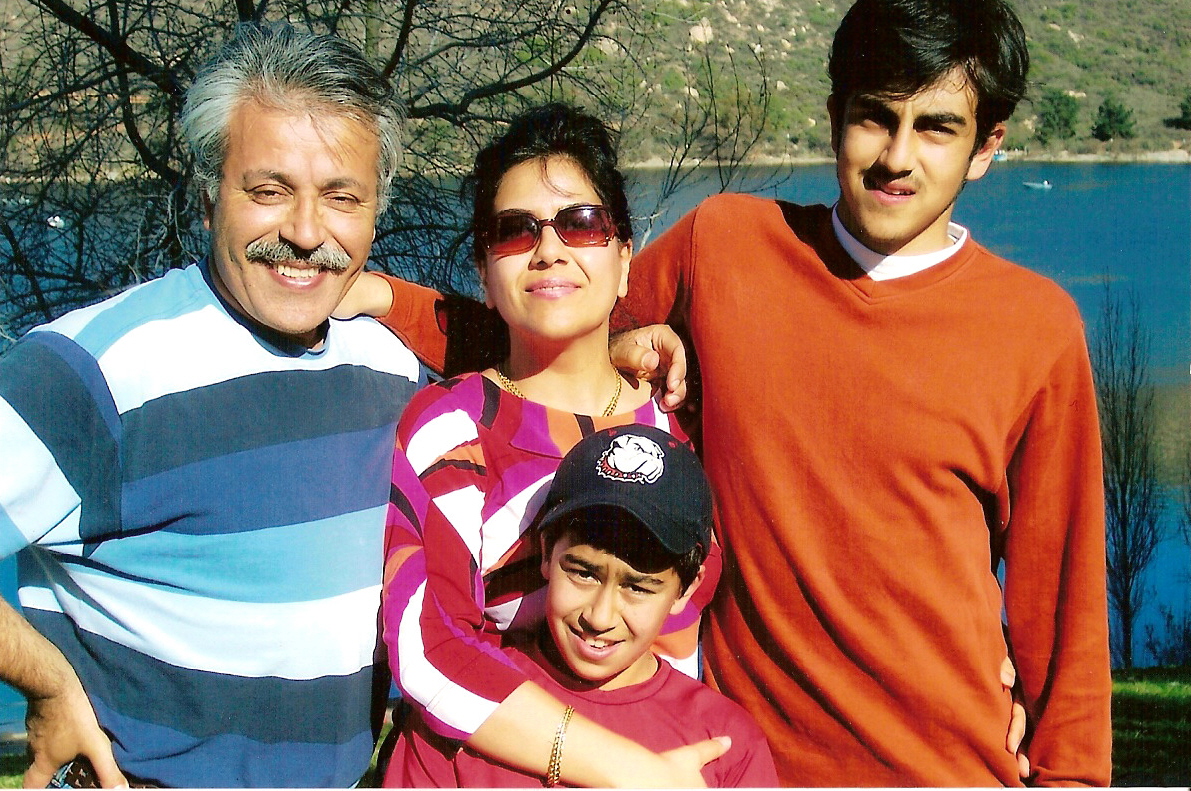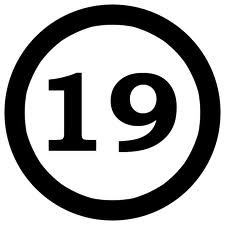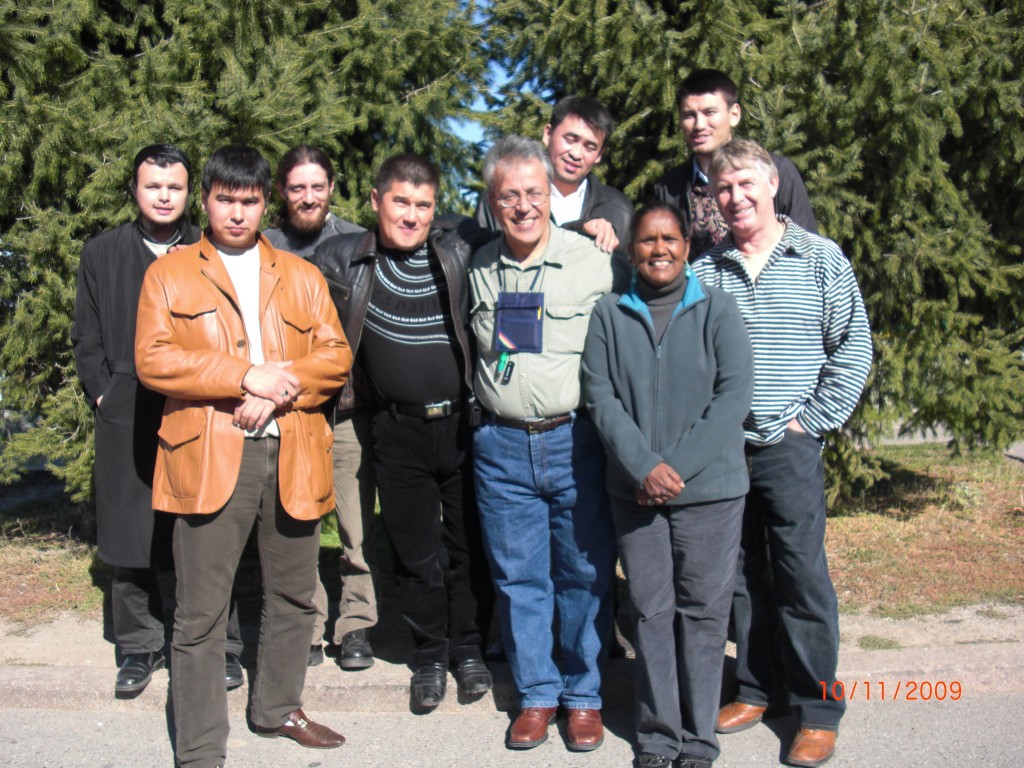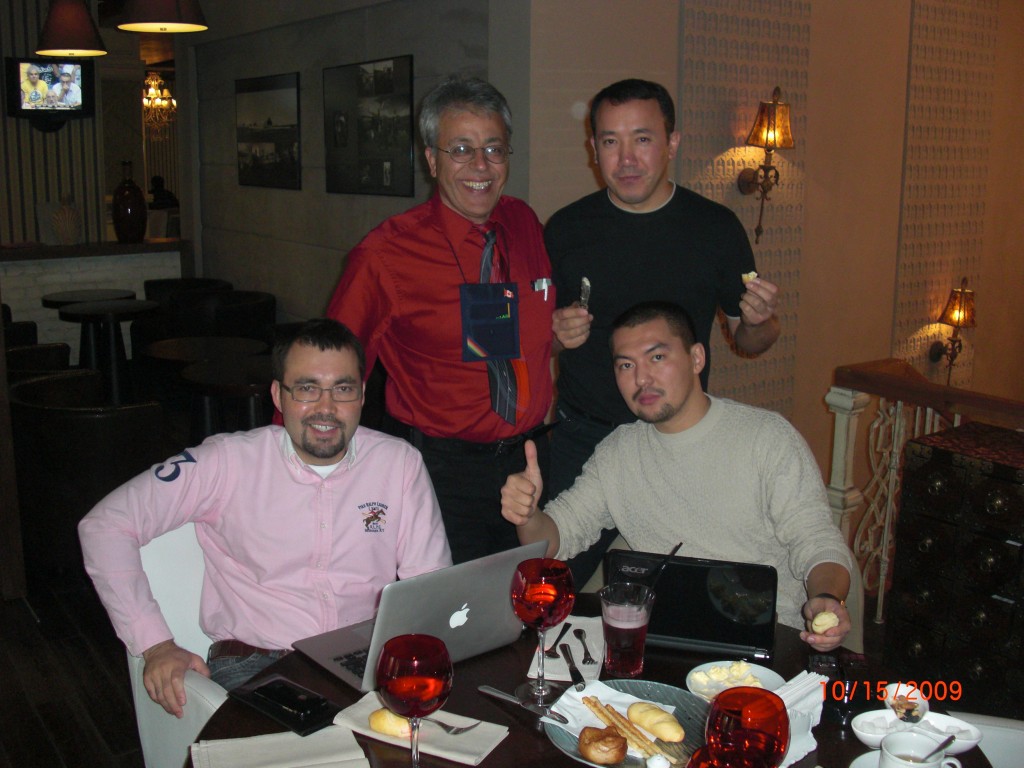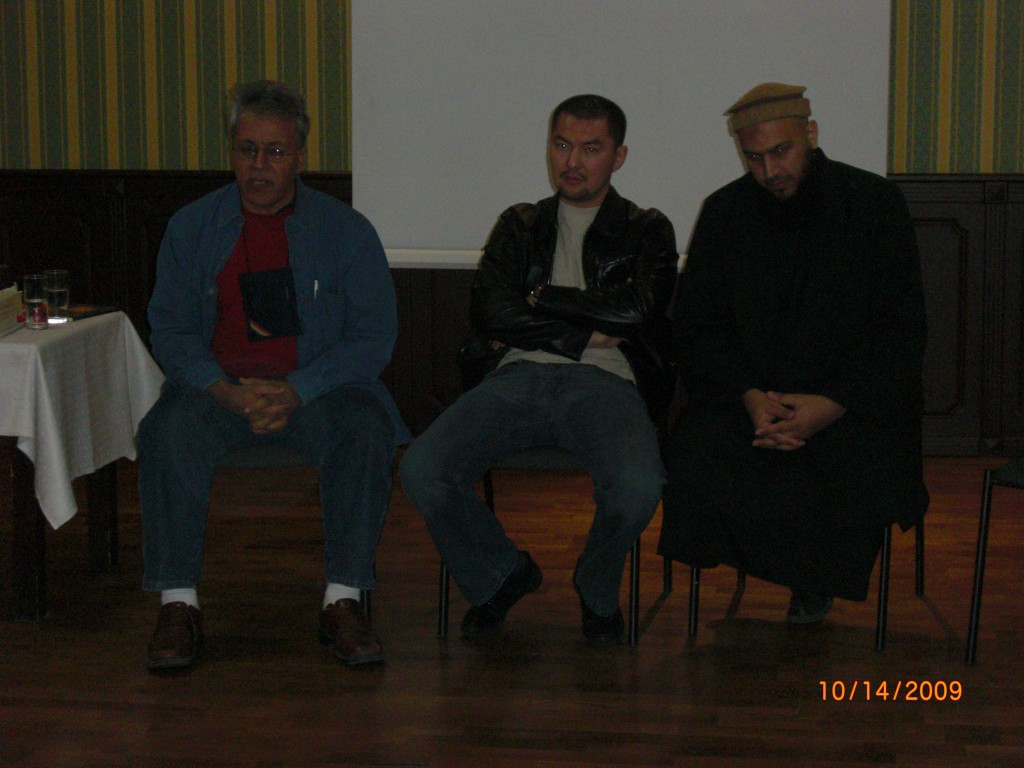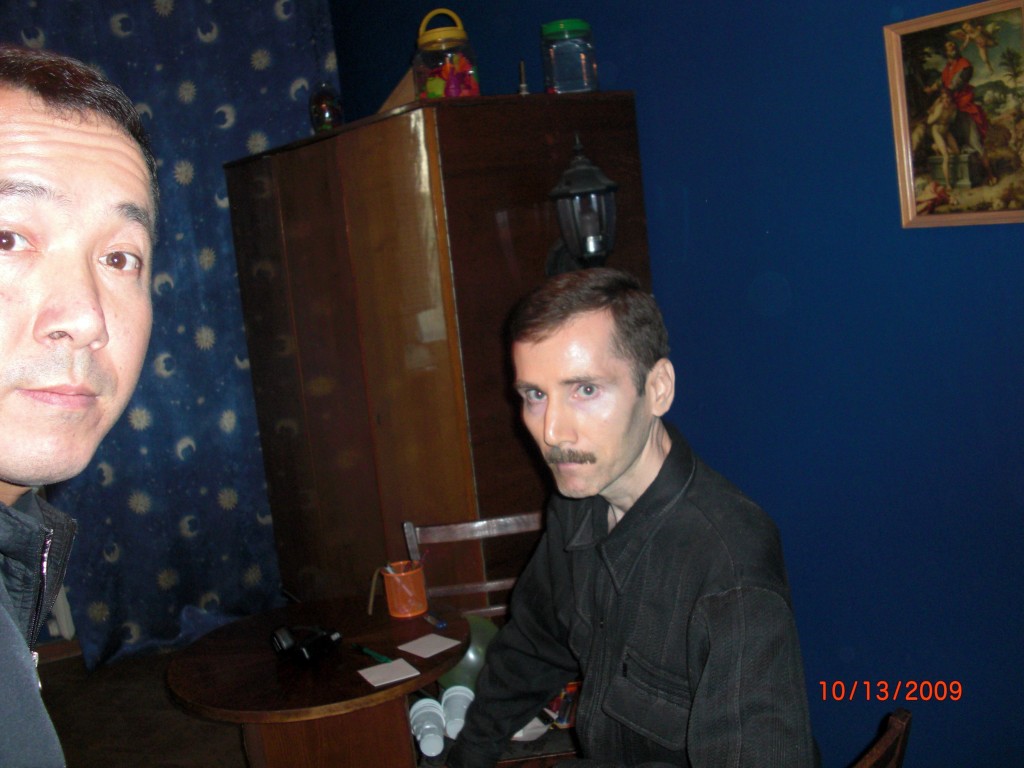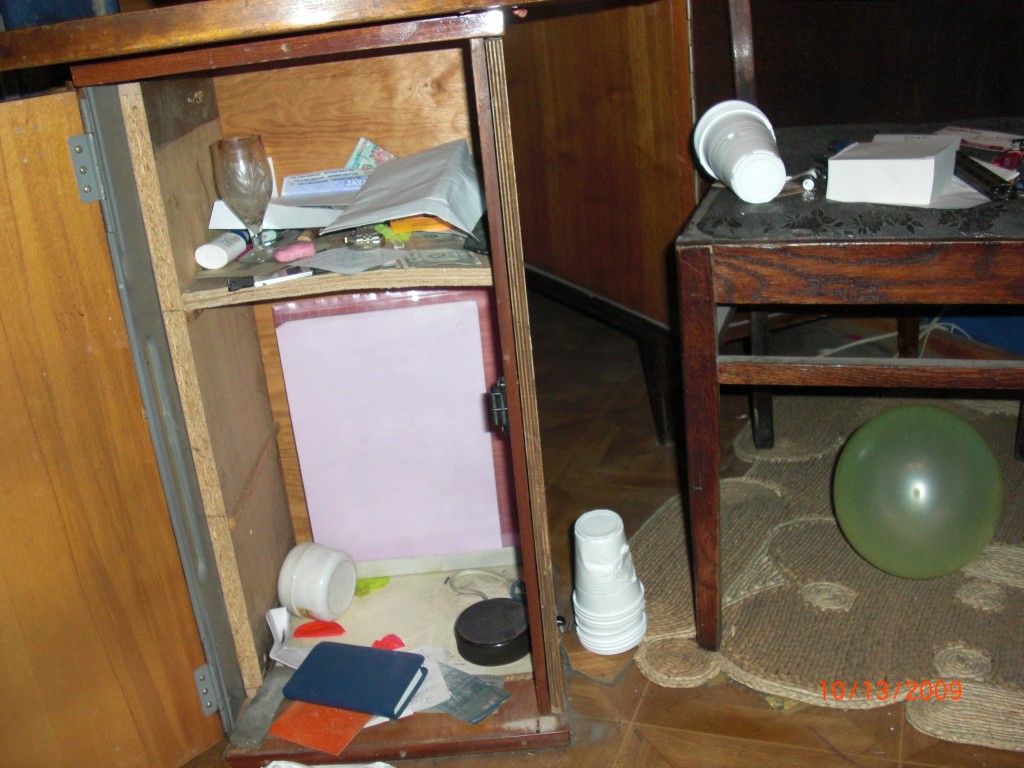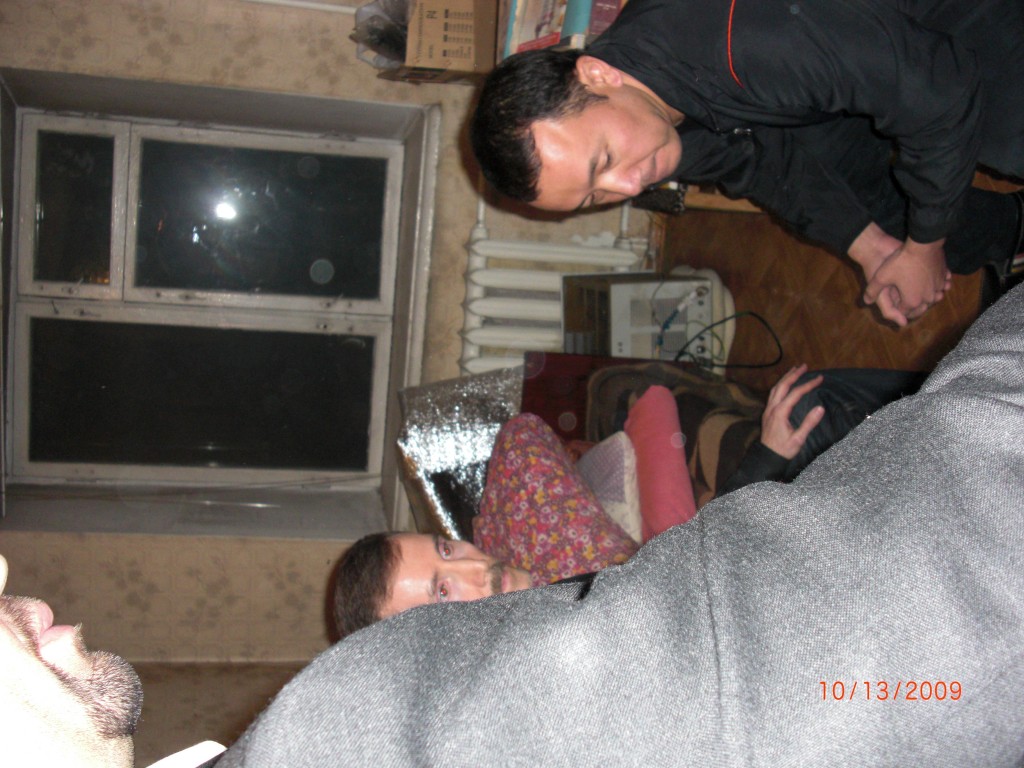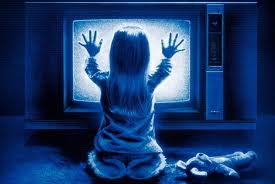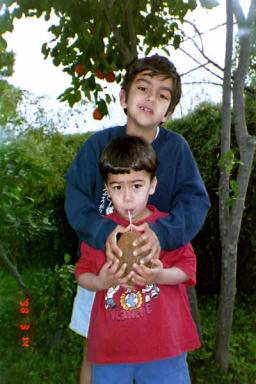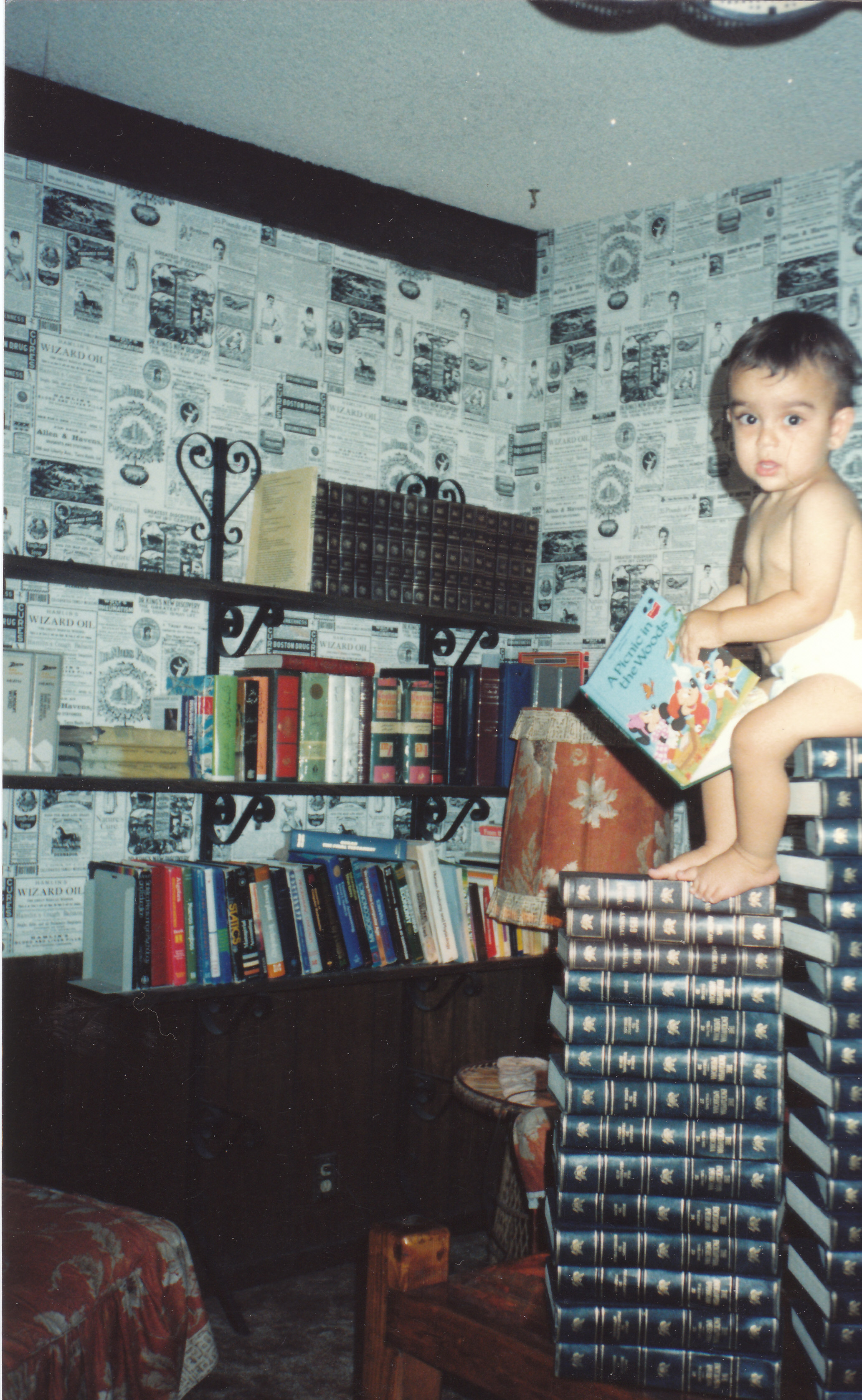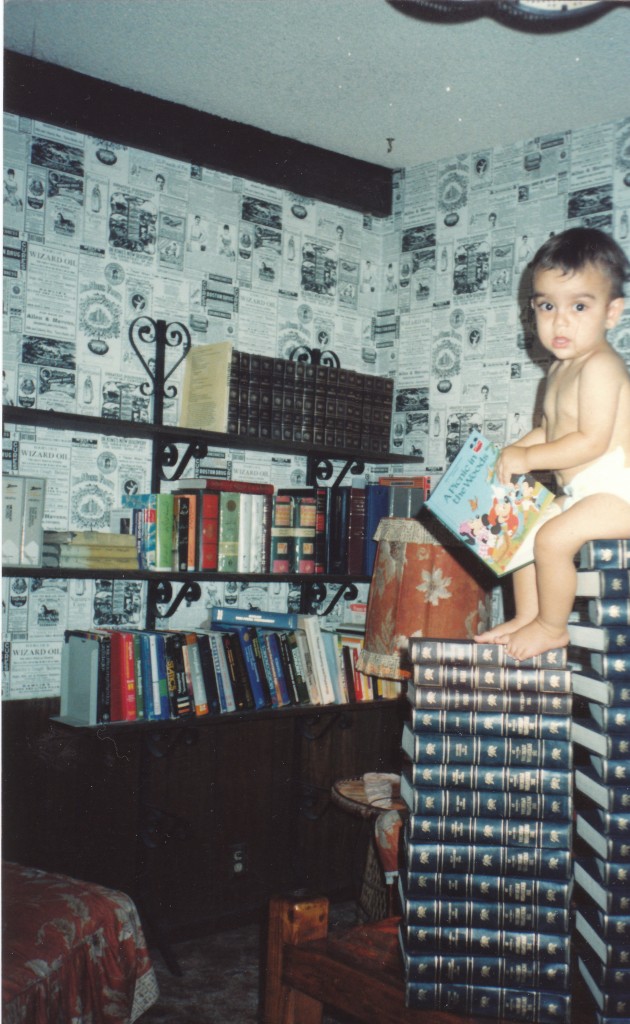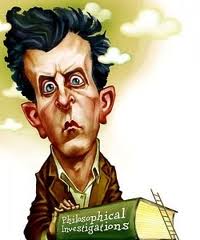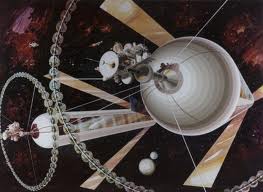From Tucson to Changsha:
China through the Kaleidoscope of a Curious Traveller with 18 Exchange Students
Edip Yuksel
www.19.org
(You may see our China photos at http://picasaweb.google.com/edipyuksel/China2008 )
I went to China knowing only one Chinese word, nǐ hǎo (hello), and after two weeks I returned with only one additional word, “xiè xiè” (thanks, which is pronounced ‘she-ay, she-ay’ with falling tone on the first word). That is it! For someone who is a polyglot and teaches both at college and K-12, this performance in acquiring another language might be considered disappointing. Since English is chronologically my fifth language, I had little motivation to add a sixth language in my linguistically tortured and fragmented brain. Instead, I focused on other things. Though I did not dare to penetrate the insurmountable walls of Chinese calligraphy and tones, during a short trip I learned a lot about Chinese people, their country, their culture, and about us.
As a Kurdish-Turkish-American author/philosopher/educator/activist, as a curious adventurer with too many hyphens and slashes, I decided to share with you my observation through my seasoned kaleidoscope.
Our Aquiline, Straight, and Hawk Noses Standout in China
Together with four other parents and teachers, I accompanied 18 exchange students, including my 13 year-old son, from Accelerated Learning Lab in Tucson, to Lushan International Experimental School in Changsha for a two week academic and social adventure. Our exchange students, whose ages ranged between 8 and 16 (with average age of 11.8, median of 12, and mode of 9), were academically way ahead of their peers here and abroad; six of the students had taken six semesters of AP classes and tests in Calculus, Physics, and Biology, besides History, English and Chinese. They had already received college credits while they were in Middle school. The team in which my son was a member had just received first place in Algebra at the annual Math Fair competition organized by the University High among Middle school students, beating other top schools in Tucson. Two years in row. They won first, second and third prizes at Arizona’s Science Olympiad in numerous categories and demonstrated similar performance at Language Fair competitions in Turkish and Chinese. The elementary students were no different. For instance, the 8 years-old girl was finishing the intermediate algebra. This trip was a reward for their extraordinary academic accomplishment. So, we considered ourselves lucky for traveling with a group of academically and behaviourally excellent group of kids.
The moment we arrived to Changsha we noticed that we were noticed; indeed very much noticed by the Chinese. When we walked, they turned their heads and occasionally stared at us. When David, the headmaster, told us in advance that we would be treated like rock stars, I thought he was exaggerating as he occasionally does. However, it was an accurate description of Chinese reaction to us, and it was an understatement regarding their reaction to some younger students, especially the blond ones; they felt that they were like Pandas in the San Diego zoo.
The stares occasionally were accompanied by action by the most assertive ones who attempted to talk to us. Ironically, many of those confident Chinese could continue only a few words beyond their initial reaction to our inquiry about the level of their English: “I know little.” Then you ask, “Is there a restroom around here?” “I know little.” Where is the bathroom?” “I know little.” You will soon learn that the word “bathroom” is not included in their short list of English words, neither “around” nor “here”! All they knew was “I-know-little” and it was indeed very little.
Unlike the USA, China is very homogenous. Westerners are easily noticed here. From an animated description of a Chinese woman who was watching us together with others in awe, I learned that their Foreigner Diagnostic Algorithm (FDA) has a very simple formula, which I will call: Pinocchio Identification. In their eyes, we are people with vertical (if you wish, you may read it snobbish) noses! There are two categories of people: those with flat noses and those with pointy long noses! We belonged to the second category. As we confuse Japanese with Chinese, they also confuse Mexican and Anglos, Turkish and Italians; they appear to be blind to some of the visual clues easily recognized by us.
Chinese are Slim, but Horizontal Growth might be in the Horizon
On June 2nd, I wanted to get some fruits and a few bottles of water nearby my hotel, which is at a major crossing. I could not find a grocery store on the street; most were fashion boutiques, restaurants, or banks. I decided to use the underpass to cross to the other side. Well, suddenly I found myself, like Alice in Wonderland, in an underground market, as big as the Super-duper Wal-Mart, perhaps bigger than that. I was very excited and started to buy some familiar fruits and snacks, and a few more that I had no clue about. I was going to let my taste buds experience new things. There, I searched for diet soda–you may not believe it, but the spirit of my dietitian wife has followed me till here–but the word “diet” and its Chinese equivalent does not yet exist in their daily language. They are slim people; I rarely saw an obese Chinese. It is either because of their diet, or their tradition of eating slow with those uncooperative chop sticks. I do not know.
However, this fitness might soon become an old glory. Already, the golden ark of McDonald’s, the red hut of Pizza Hut, and the goatee of the KFC are blinking and winking in major corners of the city. If the Chinese do not pay attention, they might soon import our obesity in addition to paying us hefty franchise loyalty. I remember reading an article in Time magazine on Wal-Mart’s expansion in China. The reporter directed a loaded question to the director of the China operation, which I paraphrase: “Wal-Mart is carrying junk food and fatty snacks. Wouldn’t those items harm the health of Chinese population?” The leader of Wal-Mart’s Chinese operation did not lose a beat, “Well, no problem. They will learn through experience. And we will also open up a new shelve selling diet products followed by exercise equipment. The business will be good!”
Being in China and personally experiencing the fact that they are humans like us, with families, feelings, concerns and dreams, I am disturbed by the audacity of financially attractive, yet morally questionable business plan of that Wal-Mart top manager.
Right Foot, Left Foot. Chicken Foot, Pig Foot. Here Comes Chinese Food!
Compared to Americans, Chinese are petite, yet they have promiscuous appetite. They eat every living creature, every flying, swimming, walking, crawling, swarming, slithering organism, except humans! Even a French stomach would not compete with theirs. In addition to variety of plants such as sea weed, taro, and bamboo, they enjoy all animals and insects. Frogs, turtles, snails, pigs, beetles, scorpions, worms, snakes, cats and dogs… You name it. They also eat almost every organ of an animal or insect. For instance, pig feet, pig head, pig skin, pig blood, chicken feet, chicken head… You imagine. I went along as much as I could. Upon insistence of our Chinese teacher, I ate a boneless chicken foot at a first class restaurant. It had a very delicious spice; but the foot was as tasteless as a cardboard. Coincidentally, that night at hotel, I could not sleep until 2:30 a.m. because of an unusual itch that inflicted my right feet; by itching so hard I damaged my skin. If I were as superstitious as Chinese, I would connect the toes and would conclude that eating left chicken foot causes itch on my right foot!
I also ate bamboo, sea weed, rabbit, and anchovy. Under the stares of students, I enjoyed devouring anchovies with their heads and eyes intact. Somehow, I had no problem with that. This led the 9 years-old Christiana to make a remark with a beautiful smile, “I do not like my lunch to stare at me!” So, while the students, with the exception of three, enjoyed the half a dozen dishes containing pork, I had the monopoly over the plate of “staring” anchovies on the lazy Suzie.
I heard many superstitions about food. Like most places, superstitions have many followers in China. I heard from my son’s Chinese teacher that Chinese believe that pig blood cleans the lungs off dust, or chicken feet treat wrinkles. Perhaps, Chinese have historical fetish about feet. Remember, how they deformed and mutilated the feet of their daughters while they were little kids through a torturous and evil custom known as “foot binding”? (Remember that we do also practice these kinds of superstitious ceremonies, albeit in a less torturous manner, by chopping the tip of our male children’s tiny organs). One of the worst superstitions is about shark fin, which is considered an aphrodisiac that enhances sexual drive and male potency. Based on this baseless belief, tens of millions of sharks are maimed and killed every year just for their fins to be used in soup. A kilogram of shark fin is sold for about $700 in China. Fishermen usually cut off the fins and toss the rest of the shark back to the sea to die in a horrible agony. (For more information see: http://www.sharkinfo.ch/SI4_99e/sanfrancisco.html )
I recently learned that feed conversion efficiency (FCE) to body mass for cows is 10% while it is above 40% for beetles. In other words, 90% of food is wasted by cows. Pigs waste seven times even more than cows, since they discharge seven times more stinky waste. No wonder, pig farms pose environmental threat in their surrounding towns by polluting their underground water. Besides efficiency, insects have another advantage: they are so abundant they outweigh all animals combined.
Those of us who are raised in Western societies have aversion to entomophagy, but it might be our destiny. Instead of killing them through insecticides, future generation of Americans might cultivate and harvest bugs in their backyards! Imagine: rather than killing termites, sucking them with straws from infested backyards for dinner! Ironically, we the Westerners, enjoy eating lobsters and crabs which are as ugly as other little insects. Some of us also enjoy eating pigs which are as filthy as an animal could be. For those who are interested in increasing their food menu from a few hundreds to millions, I recommend them reading a delicious and creepy article titled “Environmental Art Project Proposal: Instar” at http://julieclipse.org/artwork/instar_proposal.
You may eat and drink anything in China, depending on the tolerance of your culture and digestive system, but beware of Durian Fruit. It smells like a pile of rotten boneless chicken breasts marinated in garlic and onion. A South-Asian administrator and the mother of two students in our group served me that presumptuous fruit. Her humble nose never attracted the curious stares of the natives, but my nose was fabulous in detecting the noxious odor. Since I had no clue about it and I did not know that the odor was not originating from the nearby trash, I accepted a bite. I noticed the mischievous smirk on her face! If you are going to China and you are as curious as I am, beware of the fruit solicitors with tiny noses; do not touch that stinky creature. Here is some information from Wikipedia about this so-called fruit:
“The durian is the fruit of trees from the genus Durio belonging to the Malvaceae, a large family which includes hibiscus, okra, cotton, mallows, and linden trees. Widely known and revered in Southeast Asia as the “King of Fruits”, the fruit is distinctive for its large size, unique odour, and formidable thorn-covered husk. … The edible flesh emits a distinctive odour, strong and penetrating even when the husk is intact. Regarded by some as fragrant, others as overpowering and offensive, the smell evokes reactions from deep appreciation to intense disgust. The odour has led to the fruit’s banishment from certain hotels and public transportation in Southeast Asia.”
Besides the diversity in Chinese diet, I also observed a lot of waste. Food was wasted in school’s cafeteria and all-you-can-eat restaurants. Wasting food makes me furious, since I cannot fathom any conscious being habitually or deliberately waste nutrition while millions of people around the world are starving. I consider deliberate or reckless food waste a sign of moral bankruptcy.
China’s Wall Merging with the Walls of MacDonald’s and Wal-Mart
While China is gradually evolving from authoritarianism towards democracy and transforming from socialism to capitalism, it will surely suffer from side effects. For instance, there are already snake-oil salesmen on TV programs, which are mostly aimed at young women. Fashion and beauty products are heavily advertised. If you want to increase the size of your breasts, just buy that bra that augments their sizes with the help of its special design and magnets. If you want to lose weight (after frequenting to McDonald’s, Pizza Hut, and KFC for instance), and wish to become as beautiful as the ones on the cover of Vogue and Cosmopolitan (yes, the Chinese versions of these magazines and more were shown in the ad’s background) you may just rub your stomach with a magic cream. Voila! You are now as slim and as beautiful as those American models. Perhaps the advertisers were aware of the popularity of rubbing Buddha’s belly for luck. So, selling fitness by rubbing a woman’s belly with cream was a perfect sales pitch. You become your own Buddha and generate your own luck!
MacDonald’s walls are merging with China’s wall and they display posters of major Hollywood films. Both corporations sell consumerist lifestyle, albeit without competing with each other. I do not know how the symbiotic relation between McDonald’s and Hollywoodwas created. It seems to be a clever economic alliance, which eliminates the current U.S. government from being a party in the conspiracy.
China has no option but to remain and embrace the global market. The US companies are ubiquitous. From Microsoft to Ipod, from Nike to Wal-Mart, from McDonald’s to Pizza Hut! American brands are everywhere. We have already invaded China with our brands and franchises. We research and develop. We investigate and innovate. They work hard and produce for less. Then we brand the products and market them. We may care less about the tags “Made in China” but Chinese, especially their youth, are caring about our brands. Perhaps, they are addicted to them. They are paying five or ten times more premium just to have our logos on their shirts, shoes or hamburgers! Who knows, what goes around may come around soon. Do not be surprised if you see cheap and fuel-efficient tiny Chinese brand cars filling our streets in less than a decade. Then the American Minivans, Trucks and Hummers will be the dinosaurs of automobile history. Furthermore, Chinese have learned how to clone our sophisticated products. Last year a company hired teams of hardware and software engineers and cloned iphone in less than a month, with a few additional features. I am not an expert in predicting global economy, but looking at our history of innovation, I can bet that American ingenuity and comparative advantage in high tech products and fashion will continue for decades to come.
Tough capitalism, with its good and evil, is conquering China; some Chinese are still living in their socialistic boxes. Two days after our arrival, Monday morning before the classes began; we were going to be introduced at the stadium to the entire school. David was expected to deliver a short speech to more than 6000 students and 600 teachers at the Lushan International Experimental School, a semi-private institution. Monday morning, before leaving the hotel, we hurried to print the speech. But, we could not find a printer in the hotel’s business center. The secretary at the lobby had a printer hooked up to her computer, but she did not honor our request to print it. I showed her the USB drive, and asked the translator that I would pay 5 dollars, which buys three Big Mac meals. Then, I doubled the offer. I put 10 dollars on the counter for her to print just a single page from her computer. She could not. Because she had never done so for any customer before. Ten dollars for a page was not sufficient to break the wall of that bureaucratic box!
Yet, China is in great transformation. Many Chinese, especially the younger generation, have adopted the paradigm and attitude of free market; both a blessing and a curse. While increase in productivity and quality in service leads to comfort and prosperity, it depletes natural resources and replaces contentment with greed. “If you cannot afford caviar all your life, do not taste it” said the Greek philosopher Epicures. Well, Chinese are tasting caviar and beyond. As the gastronomic version of the First Law of Thermodynamics is “there is no free lunch,” Yuksel’s First Law of Economy is “there is no free free-market.” Free market has its own peculiar costs on environment, society and individual. The future of China will most likely have more abundance, more luxurious cars on the roads, more sophisticated gadgets in homes and pockets, better buildings; but at the same time, they will grow horizontally, the divorce rate will go up, and their children will be addicted with video games and other vices. And they will learn the ADD and the rest of the alphabet soup of ailments that follow our hectic, fragmented, over-stimulated, and stressed and depressed lifestyle.
Within two days, the Olympic torch was going to be relayed in Changsha. Everyone was very excited. The media is a great tool to mobilize masses to any direction wanted by the elite. If you know about Chomsky’s depiction of our democracy, “manufactured consent,” you will fully understand what I mean.
Predicting the national Olympic fever, the textile manufacturers flooded the Chinese market with T-shirts carrying slogans for the coming Olympiad. I was going to buy a few for myself. My interest was not in the Olympic, but t-shirt itself. I stood by a peddler on the side walk. While waiting for my turn, I enjoyed observing the bargaining of a Chinese couple. I was surprised to see the guy taking off his old sweat-soaked T-shirt and putting on the new one. After his wife made a comment, he took the shirt off returning it to the peddler. The peddler was constantly talking loud and encouraging them to buy it. Then, the woman decided to try it herself. She did not take her shirt off; she just wore it over. The peddler was continuously talking; perhaps telling her how nice she looked inside that white thin T-shirt. After about ten minutes, she decided to purchase it. She took out 100 Yuan from her purse. Since I did not have any idea about the price of the T-shirt, I started carefully watching and counting. She received 45 Yuan back. The T-shirt was sold to 55 Yuan or $8. The peddler started to wrap up the T-shirt. But the woman picked it up from his hands and sniffed it. Yes, she sniffed the very T-shirt that she and her husband tried on themselves. She made a face like a male chauvinist changing his child’s diaper, and uttered a few words pointing at another T-shirt. The peddler did not object. That was the time I decided not to buy any T-shirt from that peddler.
The following day, I purchased five of the same T-shirts from another peddler who had reduced the price because of the timeliness of the souvenir. I paid 15 Yuan or $2.2 per shirt. A parent, who was going to purchase more than 20 shirts for students and staff, became greedier. She decided to wait after the Olympic torch passed through the town. Then she thought she could buy them for 10 Yuan each or $1.5. I accused her to be greedy and she accused me of being gullible. What she did not know that I wanted those poor peddlers to make a few extra dollars from me. Well, the night the Olympic torch left the town, no peddler was selling the same T-shirt. So, she missed the best discount on t-shirts in town.
You might wonder why I was buying 5 T-shirts in one day. Well, the following days I would buy even more. I had a capitalistic dilemma, which danced around two questions: to buy or to wash? The cost of laundry per t-shirt at our hotel was 20 Yuan ($3) and buying a new one at price of 15 Yuan made more sense. Changsha is known for its heat. We thought that Tucson was very hot. Well, it was before we landed in Changsha. Here, in June, the temperature is around 100 F. No problem, we the desert lizards, could handle that. But, enter the high humidity and we were done. We were melting like the Antarctic ice cap. Everyday, I had to change my entire garment: shirt, pant, underpants, and socks twice! So, I had two choices: either invest daily in the laundry or buy thin and cheap t-shirts and shorts. I solved the stinking socks problem by purchasing sandals. We were told that the real heat is in July and August. We could not wait to return to Tucson to enjoy its dry heat!
Fitness Centers: Free and Fun
There was a public square and a fountain in the middle of the intersection where our hotel was located. (As you may notice, I do not give the street names, since I was totally illiterate there, and I could neither read the names of the streets nor pronounce them properly). In early morning and after the sun set, there were free activities for every age group on the streets. The young and restless Chinese enjoyed shopping, eating at MacDonald’s, KFC, etc., while the adult and aged women following the rhythm of the Chinese music generated by a hand-held CD player, exercised together in public. And middle aged men like me and children watched them. It was like a public aerobic and solo dance class in the middle of the town square. I wanted to join the group, but I did not want to violate the perceived norms. Though anyone could join the dance, the demographic was non-verbally discriminating against men and younger women. Nevertheless, I saw this mass public exercise/dance in the sidewalks of smaller streets and parks, and they were mixed in gender and age.
After a week, I was taken to the lively neighborhood where a colossal closed stadium, a giant Ferris wheel, and a French-owned underground super store were located. The stone tiled vast area was filled with children riding little motorized cars, skating with rollerblades with lighted wheels, and adults dancing, mostly in pairs.
These street classes have no ceilings, no air conditioners, no teachers, no membership cards, and no monthly fees. But, if you ask me, I would prefer these to any luxurious American aerobics class. I found the street version to be more elegant, open, and more natural. You can feel the spirit of a community there, not the spirit of a spoiled individual. There you can enjoy the spirit of an egalitarian society, an extinct one indeed; not the spirit of an exclusive class and the sound of a money-counting machine. (What do you think if we start that tradition in Tucson? In front of the Main Library?)
Streets with No Trash, Yet Still Look Dirty
What about children? Well, they have their territory on the streets too. On the corner of the public squares every evening, children as young as 2 years-old show up with their rollerblades. They do all kinds of practices under the loving and caring eyes of their parents. Somehow someone brings small orange cones and places them on the street in rows and there you have a great show on the street. Open and free of charge, both for the players and spectators.
When you speak of Chinese children, you cannot ignore the zippers in the backs of their pants. Some do not have zippers at all; just a hole in the back. I detest it, and I am sure so does the multi-billion diaper industry, which has considerable contribution to the amount of trash and pollution. Though I have yet to see, but I am told by others, that when small children want to leak the uric acid in their bladders they just squat on the sidewalks. I was told that they do so also for the “number two” but not exactly in the middle but on the side of the street, perhaps next to a bush. To make it easier for you, compare the Chinese children with no diapers to spoiled American pets, which enjoy the goods of the multi-billion pet industry, health care insurance, and occasional cosmetic surgery.
I hate this practice, I said, because despite the omnipresent street sweepers with brooms and dustpans, the sidewalks and stairs have spots of dirty yellow, brown and black, which remind me the floor of a garage with a geriatric Ford or Chevy. Chinese people have not yet embraced the idea of not littering the streets. Though litters and trash are immediately swept away, their traces or shadows remain on the streets. I assume that most of those spots were created by the leaks of children with backward zippers and gums discarded by young and adults. Based on my little investigation before visiting China, I expected to see everyone spitting in public, yet so far, I saw only one in a week, which can be considered an anomaly in the city. I was told that the country side is very bad in hygiene, though.
With its 2.5 million central city population, Changsha is about five times bigger than Tucson. Its downtown where major department stores are located, an area consisting of several blocks, is restricted to automobile traffic. With its busy sidewalks, high rising buildings, flickering huge advertising displays, and gleaming colorful lights, it resembles Times Square or the Strip at Las Vegas.
Being an Illiterate Professor in China
The rule for real estate is 3L: location, location, location, and I believe the rule for a trip to a foreign country is also 3L: language, language, language. Without language you may end up wetting your pants, or get frustrated and frustrating at the same time, or buy a bag of dry fruit that deceptively looks like delicious sour plums sold in America, but have a bizarre sweet flavor which make you hesitate to take a second bite.
Nineteen years ago when I immigrated to USA, escaping from political and religious persecution in my country of birth, I found myself in a very difficult situation. At age thirty one, as an accomplished author and public speaker; I was suddenly reduced to the level of a secondary school kid. My conversational English was even worse. I knew some big words, yet I was unable to ask some simple and vital questions or understand the given answers. I used to carry a dictionary in my hand to communicate. I still remember the embarrassment of asking the lady who lived in the next apartment with the aid of the dictionary. I needed to wash my socks and I did not want to waste water and energy by using the washing machine. I wanted to wash them in a container by hand. When she opened her door and heard me asking her, “Kathlyn, Can you give me your pelvis?” I noticed the shock and surprise in her face. To make myself clear, I added, “Can I burrow a pelvis; I want to wash my socks in the pelvis!” We were both relieved when she understood me. I washed my socks by hand; but after that incident I lost my trust to my dictionary, which confused the Turkish word “leğen” (big bowl) with the word “leğen kemiği” (big-bowl bone, that is, pelvis).
Here, in China, I cannot even ask to wash my socks in someone else’s pelvis. If I were in Spain, in Italy, or France, I would not be illiterate at least. I could recognize the words and use a dictionary to find its translation, which would allow me to roll clumsily some isolated words on my tongue. This would greatly help me survive the debilitating alienation in a foreign country. But, the Chinese characters are like noodles and doodles, and I had no clue how to identify them, thousands of them.
You should now pay attention to what I will say: If you are planning a trip to a non-English speaking country, you must type a list of most important words and phrases in a card, laminate it and carry it like a passport. You should include the following words: Hello. Yes. No. Where is the restroom? How much is this? And in my case, I must add: “Do you have diet soda?” And “I do not eat pork!” You do not need to bother with “I do not know Chinese” since your face will scream that statement before even you say it in perhaps an unintelligible accent. I have a business idea for tourism companies: print a list of most needed words and phrases in two languages on the front of T-shirts and sell them in airports nearby related airlines. The tourists could just point at the words and sentences when they needed them. You could even include, “I love you!” or “I am a good American!”
The second day of my trip, I ventured a solo trip to the nearby subway market. It was like two Super Wal-Mart store underground. Lacking the 3Ls haunted me there. I learned that they have not heard the word “diet.” They really did not need diet sodas, yet! They were oblivious to the obese genies lurking in those Cola and Sprite bottles. After I lost my way in the subway super market, unable to ask the direction of the exit that would take me towards my hotel, I was disappointed in myself. As an Americanized person I was considering myself the center of the universe and for a while I blamed the Chinese for not listing the ingredients in English or not including English to their signs. I also blamed them for not understanding my sign language.
Finally, I made it to the hotel. There I would discover two beautiful creatures, two American girls; Maggie and Molly! I entered the elevator and somehow loudly pronounced the word FIVE before pushing the button. It was followed by a loud voice “SIX”. The moment I saw them I struck a conversation and expressed my excitement of seeing other Americans in that town. They were from North Carolina. Maggie was working as a salesperson for an American company that was selling home automation or smart home devices. Molly was a university student and had come for her summer trip and was hoping to make a few bucks by tutoring English to those who could afford it. We met each other in the lobby several more times.
Another day, while walking on a busy side walk I noticed a tall guy with blond hair. I yelled from behind: “Go home Yankee!” He turned back, and upon seeing my face he smiled. Perhaps his facial expression would be different if I looked like a Chinese. He was an American, studying Chinese at Hunan University, while melting in the sweltering heat of Changsha. When I told him that we were there with 18 exchange students who had already studied Mandarin from a Chinese teacher for one year in USA, his eyes opened with happiness. I could not help but remind him the reality: hey these kids are your competition! He woke up and cracked a joke: “let me go to my dorm and study more!” I tried to console him: “do not worry; there are more than a billion Chinese!”
I have never been flag-waving, gun-toting type of a citizen, and I will never be. Nationalism or jingoism has been responsible for the biggest atrocities and wars in the last century. Replacing the religious zeal of medieval era, nationalism has surpassed religious bigotry in terms of producing hate, enemies, evil empires, axis of evil, wars, genocide and appalling atrocities. Nevertheless, my excitement for meeting two Americans among millions of Chinese was the expression of my peaceful, cultural patriotism. You may never know how much you love America and Americans until you move to another country where English is like French and Americans are a rarity. You may never know how lucky you are for being an American citizen until you are stopped by police for your political/religious views or affiliation, as it happened to me in my hometown numerous times.
Chinese Children: the Most Precious Commodity
Back to the “more than a billion Chinese!” Egypt? Pyramids and Nile. France? Eiffel Tower and Wine. Turkey? Blue Mosque and St. Sophia. China? China Wall and Population! China has adopted a one-child policy for decades. This controversial policy has reduced the increase in population. The law does not have much power over the rich who can afford to pay the fine for the second child and those living in countryside. Some rich people avoid the restriction by taking their wives abroad, usually to the US or Europe, to give birth to their second or third children. Still, the impact of one-child policy on the society is huge. The only child gets the whole attention of the family and is luckier than older generations in terms of enjoying prosperity and freedom. Children with no siblings feel lonely, which is bad; but this brings families together with other families, which is good. Many weekend activities are shared by families!
At Lushan International and Experimental School, during the first week of our arrival, I gave three lectures to senior students who were interested in studying abroad. An average class had 60-70 students, about three times the average class we have in Tucson. Another visually outstanding fact was the piles of books towering over each desk. Chinese students appeared to be literally drowning among books which covered the faces of some shorter students. They had little space left on their little desks to use for taking notes. This was just the opposite of what we were experiencing in America. In the beginning of every class, I would ask my secondary and even college students to take out their books, or papers and pens. Almost every teacher in American schools is used to see some students coming to the classroom with neither paper nor pen! So, those Chinese classes had a shocking first impression on me.
My first lecture was an impromptu one: on the importance of critical and creative thinking. I grabbed a plastic drinking water bottle in the classroom and compared it to a clay jar. I called the plastic bottle a technological marvel. I pulled their attention to the structural and design improvements over the clay jar, from the verticals on the lid to the transparency of the container, from the concave ring in the middle to the weight ratio of the container to the water, from its durability to its mass production… And I pulled their attention to a big negative aspect of the plastic bottle: not biodegradable. I told them that anyone who would improve this bottle’s design or make it environmentally friendly would be snapped by a bottle manufacturer. In the second lecture, I compared and contrasted the cultures of both countries. I shared with them the cultural shock I experienced 19 years ago when I immigrated to theUS. I could not believe my eyes when I first saw Americans shaving in their cars while driving, or reading magazines in their bathrooms. I talked about the pros and cons of American individualism and the same for Chinese socialism. My third lecture was more pragmatic and practical. It was about how to increase their chances to be accepted by top US universities. I advised them to explore and discover themselves. I told them to choose a scientific field and educate themselves deeper. I gave them hope by informing them that the 70% of graduate students who study engineering or sciences are foreign born. Almost all were very attentive and interested in studying at a US University.
In the end of a lecture, noticing a book cover containing both vertically and horizontally organized Chinese characters, I asked them about the direction of the Chinese writing. (I confess that I did not do my homework before the China trip). My question led me to learn an interesting fact. In ancient times, Chinese used bamboo strips to write. Since they would attach bamboo strips to each other with silk strings, the most reasonable way of writing would be vertical. Writing horizontally would create practical problems in both reading and writing. The direction of adding extra strips and the vertical flexibility of the bamboo surface dictated the direction of old Chinese: vertical!
I have little knowledge of Chinese history, but I noticed that the Chinese students are proud of their history and heritage. A group of students signed a book containing advices from Confucius and presented it to me while highly praising him. On the other hand, unlike Turks or Arabs, Chinese have no problem assuming English or Western nicknames. Every student at the Lushan School had a Western nickname. This identification makes them highly receptive to Western culture, fashion, lifestyle, and Christianity. A student at Hunan University told me that these days it is fashion to conduct graduation ceremonies at church; according to him, about fifty percent of students had no problem with affiliating to Christian church. Surely, joining the bandwagon of the winning world, and getting a share of the pie has its appeal beyond seeking the truth in theology.
Melancholy and Cultural Sensitivity
If television programs are a measure, Chinese people are socially conservative. Surfing the 44 channels in my hotel for days, I never saw prolonged kissing scenes or couples in bed. Though, I saw a few ads about how to make one’s breasts bigger. I did not find a single English channel, but I heard that people could have some English channels such as HBO and CNN through cable. After ten days in China, I started craving English channels; I could even watch the unbalanced and unfair Fox News. At any time, you may find almost one fifth of the channels showing war movies. If you include Karate and violent American movies such as Rambo or Indiana Jones, perhaps the violent movies would fill more than a quarter of the programs. I also noticed plenty of feuding people, sad and crying faces. You may not only see women, but also men crying and sobbing.
I saw a couple of reality shows too. For instance, the one about obstacle competition, where young men and women are expected to pass a series of obstacles in less than two minutes without falling into dirty water… I did not see a sitcom like Everyone Loves Diamond or Sinfilled (don’t bother correcting the spelling errors) where people are shepherded through laughing tracks to laugh exactly when the director wants them to. Though Chinese people are politically manipulated more directly than Americans, they are not yet shepherded so directly when to laugh.
My observation about Chinese TV and films is not based on a quantified survey made for a long period of time; thus you should caution against generalizing it.
Our hosts showed sensitivity towards our culture and even my idiosyncratic preferences. For instance, my son’s host family together with another host family invited me for a dinner. They first took me to their home, but there I learned that we would meet in a restaurant. When I saw the restaurant, I could not believe it. Learning that I was a Muslim, they had picked a restaurant ran by Muslims adjacent to a big mosque facing the huge stadium and the colossal Ferris wheel. The Restaurant’s wall had a huge Arabic calligraphy on a green background testifying to oneness of God, while adding Muhammad’s name, which was a violation of strict monotheism expressed in the Quran. While waiting for the orders, I wanted to visit the mosque. If I met an English speaking Chinese Muslim, I was going to present him/her my recent publication, Quran: a Reformist Translation. I found none there.
The mosque had a courtyard and the adjacent building was used as a school and dorm for religious education. Noticing several Chinese Muslims lingering there, I greeted them with the universal “Salam” (Peace) and a big smile on my face. Receiving no response, I charged towards the door of the mosque to satisfy my curiosity. The host parents translated their words for me: “The mosque is not open on Sundays.” I tried to talk with someone, but I was shunned. My repeated efforts trying to get to know a Chinese Muslim failed. I could not believe their apathy and lack of curiosity. For a moment, I thought perhaps they showed aversion towards me because of the short pants on me. But, I later saw the waitresses in the restaurant wearing no headscarves. I am not sure whether my experience in that mosque was an anecdotal one. But, I know for sure that the backward sectarian teachings that have replaced the progressive and liberating teaching of the Quran, have turned many so-called Muslims to zombies!
Mao here, Mao there, Mao Everywhere!
China was once among the short list of hero-worshipping totalitarian countries that included the names of their national or religious heroes in their Constitution. I learned about this strange common characteristic, when I wrote a journal article titled, Cannibal Democracies, Theocratic Secularism: the Turkish Version, which before its publication became the topic of an interdisciplinary international symposium at Cardozo Law School, Yeshiva University. The Turkish Republic’s constitutionally baptized and protected hero has been Mustafa Kamal Atatürk. Saudi Arabia’s constitution glorifies King Saud. Iran adds Ayatollah Khomeini to its long list of historic idols. Albania had included the name Anwar Hodja in their constitution and China had Mao Zedong!
We were just two hour away from Mao Zedong’s birth place, which is now a museum attracting domestic tourists. I will leave Mao’s life story and his polices to history books or Encyclopedias, and share with you a few observations of mine during our short trip to Mao’s birth place.
While looking at historical pictures in the museum, our guide kept repeating some statements: “Mao picked a good home, therefore he became lucky.” Or “Mao’s grandfather picked the right place for his tomb; so Mao got such a position.”
There is even a popular superstition about a pimple or perhaps a benign tumor on Mao’s chin, which I had not even noticed until the guide enthusiastically volunteered to enlighten us: “In his middle age, when Mao moved up in leadership, a mark emerged on his chin!” I am not now sure about the alleged order of cause and effect. Perhaps she said the other way around: “When that mark emerged on his chin, Mao moved up in leadership” Either way, it is a pure nonsense, a political propaganda using superstitions in a gullible community. Unfortunately, the young and the educated guide was a believer of such superstition. She was sharing the miraculous story of the tumor on the chin with a conviction of a Mormon or Evangelical missionary.
Mao (1893-1976) who united his country after the civil war and founded the People’s Republic of China in 1949 and transformed China to become one of the major powers is still revered officially. His face is on Yuan and his pictures and statues can be found everywhere in China. However, Mao’s economic, social and political programs, his communist agenda, such as the Great Leap Forward and the Cultural Revolution lost popularity soon after his death. A series of economic and social reforms started by his successor, Deng Xiaoping, opened China up to the world, making it a major player in global economy.
Yet, many of the older generation still remember Mao positively. They may not want his policies to continue, but they appreciate his work for his nation in the past. During our visit to Mao’s birth place, Shaoshan, we saw busloads of Chinese tourists visiting his birth home and buying various gift items inscribed with Mao’s name and pictures. Mao was everywhere. Hundreds of small busts in gift shops winked at me like little pagan idols. However, one scene stood out among others.
I noticed groups of citizens marching one after another in unison behind two soldiers carrying wreaths to a huge Mao statute erected in the town’s square. There were dozens of fresh ones covering the base of statue. Within ten minutes, I witnessed four or five groups of five to twenty people, offering wreaths and respect to Mao. Afterwards, they would take their pictures before the super-sized concrete Mao. It was not much different than a religious ceremony, though a very simple one. Soon after their wreaths were placed in the base of the statute, the groups would line up in rows and upon the instruction of their leaders or tourist guides, would start bowing down three times. I wondered about the meaning of the words preceded each bow. I was expecting some inspirational political slogans or something flattering remarks similar to those you find inside Chinese cookies. But, the words were no different than church bell:
“Bow once; bow twice; bow thrice!”
As an iconoclast, I found these ceremonies silly and scary. Silly, since worshipping another human being is degrading and is insult to the intelligence of an individual. I found not much difference between the worshipped and the worshipper, except the false inferiority feelings created in the minds of the subordinated people. For Pharaoh to be Pharaoh there must have been those who accepted humiliation and slavery. The astronomical power and charisma of celebrity or a leader does not originate from his or her own extraordinary powers, but depends on the illusion of inferiority created in the minds of celebrity worshippers. The idol carvers, be of political or commercial, fabricate, solicit, propagate and orchestrate popular emotions. Emotions of inferiority generate brand loyalty, adoration, admiration, money, and power for the celebrities and their entourage. It is a vicious and self-perpetuating cycle. The fame, money and power in turn, generate more emotions of inferiority that seeks affiliation with a more superior power to balance the comparative inferiority.
I also found the offering of flowers to the concrete resemblance of a dead leader scary. In fact, hero worship or human worship is the source of the many atrocities committed in the history of humanity. Those who idolize their religious or political leaders become fanatic dogmatic that do not hesitate to destroy others. Since their unity and cause is not based on reason, but on emotions, they are easily manipulated by corrupt and power-hungry politicians and their accomplice religious leaders. Thus, you end up with superhuman celebrities like Buddha, Jesus, Muhammad, Hitler, Khomeini, Atatürk and many others. Whether those celebrities were agents of peace or war, justice or injustice, their intoxicated worshipers are prone to commit all kinds of stupid and destructive acts. Sure, the biggest damage is caused by the worshippers of religious and political heroes, their ideologies, and symbols.
There I wondered the meaning of 5 stars in Chinese flag, one being bigger than the others. I learned that the larger star represents the leadership of the Communist Party and the small stars represent the four classes of people united by Mao: Workers, Peasants, Petty Bourgeoisie (Small Business Class), and National Bourgeoisie (Chinese non-governmental businessmen). There are few other interpretations and according to Wikipedia article, the most popular one is “the four stars represent the four occupations central to the state, which are Farmers, Workers, Soldiers, and Teachers.”
America, the Beautiful Country
The day before our last day, I joined the two-hour Chinese language and culture class together with our 18 students. The teacher used a computer, projection machine and a big screen for the presentation. In that class I learned the Chinese for the word China and America:
- China: Zhōng guó (Center/Middle Country or In Country)
- America: Měi guó (Beautiful Country)
(Ooops! That means, I learned more than just two Chinese words). I could not believe my ears. The billion plus Chinese people calls our country BEATIFUL! Isn’t this a sign of cultural courage and openness! Imagine us calling Russia, France, Korea or Iran with the same name! “The leader of Beautiful Country Ahmadinejad condemned the US occupation and atrocities in Iraq!” Wouldn’t be much better to separate countries from the governments? I just wonder how the Chinese leaders and people condemned the American government when our relation became tenuous and even hostile, such as after our bombing their embassy in Belgrade in 2000.
As most Americans do not behave like the U.S. Government does, most Chinese too do not resemble their government. For instance, we generally prefer, at least in theory, the Golden Rule, while our current government prefers the iron rule, or pre-emptive strike. While the Chinese government is authoritarian, Chinese people are friendly, and even submissive.
On our way to America, we had to spend about ten hours in Guangzhou, the third most populous city in mainland China. Unlike Changsha, cars were not using their honk to communicate with each other and pedestrians. We learned that the city imposed a 500 Yuan fine for honking. To our surprise, the cars were following the designated lanes. We decided to spend several hours in the city mall. The city had numerous high towers and modern infrastructure. New constructions were everywhere… Last year China consumed 1.3 gigaton of cement, emitting about the same amount of CO2, more than any country in the world. (We are still number one in terms of per capita pollution). The mall we visited had nine stories and was modern. There you could find any American, European and Chinese brand of goods. Though Chinese goods were very cheap, the American and European brands were as expensive or even more than those sold in American malls. In the US we could buy Nike shoes on sale, less expensive. I checked the price of Casio Exilim 10.1 Mega pixel, 3x optical zoom with 1 gigabyte memory card. I had purchased mine from Costco for a discounted price of $229 dollars. In the Guangzhou mall it was sold for 2600 Yuan, which was equivalent of $376. American brand electronic goods were very expensive, yet there were many Chinese customers flirting around them.
I do not want turn this article to a book, yet I have still some of my observation or facts, which I deem interesting to share. So, I will list them in bullets:
- Wal-Mart charges one Yuan for renting to you a locker to put your belongings in before you enter the market.
- Chinese shoes are smaller sizes. I could hardly find a few 44, or 270 mm, or 10.5.
- Chinese cities are almost always two syllabus and Chinese names three.
- There are 93 million with family name Wang inChina.
- Chinese use metric system. All countries, except the US, Liberia and Burma(Myanmar) have officially adopted the metric system. (How is our company?)
- The luckiest person in Changsha, as far as the weather is concerned, is a mummy! Her preserved dead body in the museum is under constant cool air.
- Due to the heat, men (not women) open their stomach by lifting their T-shirts upward.
- Junior and Senior students at Lushan International and Experimental School are not supposed to have boyfriends and girlfriends. You do not see a boy and a girl, kissing each other, hugging each other or even holding each other’s hands on the campus.
- Like the USA, China too has homeless people and trash-scavengers.
- Chinese people mostly are very honest.
- Chinese waiters and waitresses do not accept tips. But, they could not resist my insistence.
- Cars have the right of way not the people. By law if a car hits a pedestrian while it had a green light, its driver is not considered guilty. We did not see anyone hit by cars, tough. The rule works well.
- Wal-Mart sells live turtles and frogs in its food section.
- I noticed that our hotel’s elevator skips the number 4. Upon investigation, I learned that Chinese consider it a bad luck, as some superstitious westerners consider 13 to be the unlucky number.
- Bathrooms do not have seats; you need to squat on a black hole. You better carry cleaning tissues with you, since most public bathrooms do not have tissues.
- Chinese have a funny way of translating their language to English: I took the picture of a warning poster on the Hotel wall. Its title read: Check Hotels do not forget to live fire!
So search Google or check your travel agent for a trip to China, and do not forget taking an electronic English-Chinese dictionary with you so that you may not live fire or chew your luggage!

